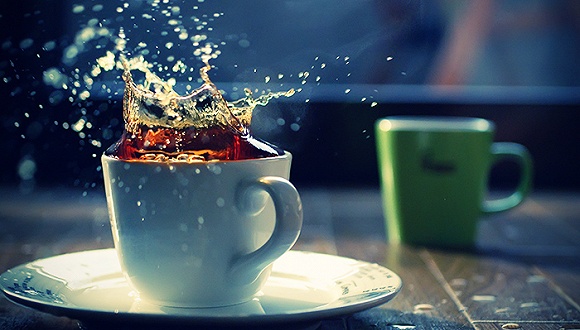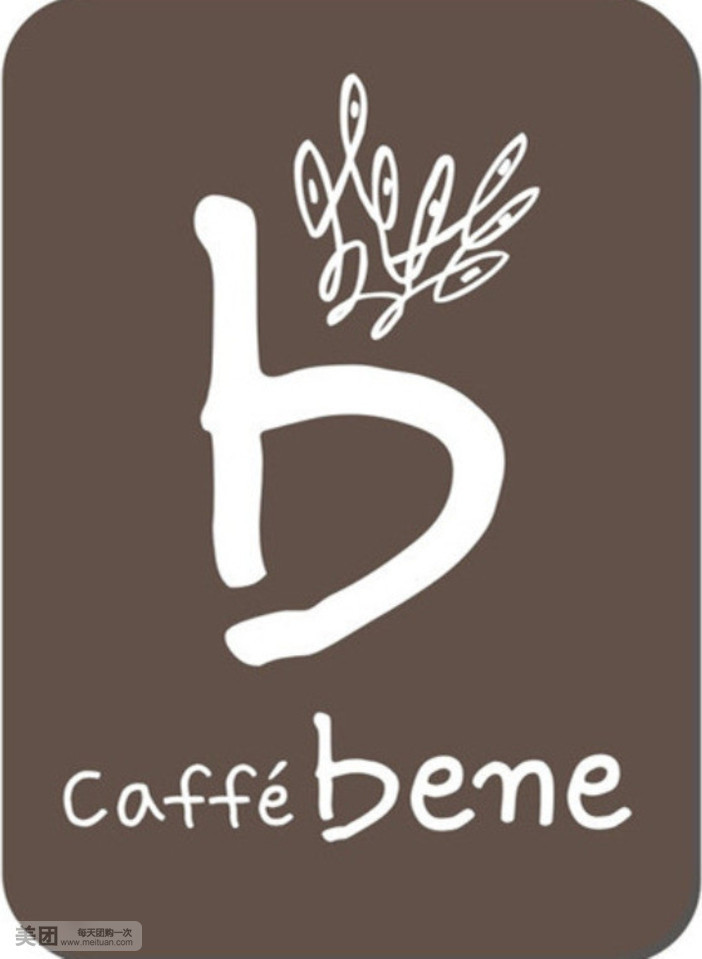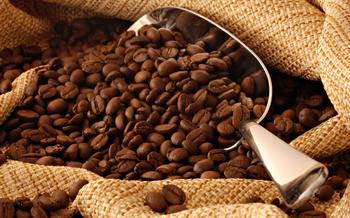Drinking coffee makes people osteoporotic? Refuting rumors: 7 rumors about calcium loss

For Chinese people, calcium supplement seems to be an eternal topic. However, while calcium products are popular, there are more people with osteoporosis. What makes the calcium in our bones slip away? Nowadays, there are a lot of theories about "calcium loss" circulating on the Internet. In this issue, I will interpret them for you one by one.
Rumor one: eating more salt will cause calcium loss?
Really. There is a great relationship between sodium intake and urinary calcium excretion. For every 2300 milligrams of sodium (equivalent to 6 grams of salt) excreted by the kidneys, 40 milligrams and 60 milligrams of calcium are lost. Some studies on hypertension also suggest that high sodium intake is not only a factor in increasing hypertension, but also a factor in promoting calcium loss and increasing the risk of kidney stones. The salt intake of Chinese residents (an average of more than 9 grams per day) far exceeds the recommended value of the World Health Organization (5 grams per day). In some areas of the north, it is even as high as 12-18 grams per day, while calcium intake (close to 400 mg) is only half of the recommended value (800 mg). The problem of bone calcium loss caused by excessive sodium intake can not be ignored, the so-called "eat less salt = more calcium supplement" is not false.
Myth 2: bean products are better for bone health than meat?
Really. When evaluating the contribution of food protein to calcium supplement, we might as well use the index "calcium / protein". For Chinese people with low intake of dairy products, soy products are an important source of dietary calcium. Although meat is rich in protein, it is generally low in calcium. For example, beef contains only 23 mg / 100 g of calcium. The calcium content of soybeans in soybean products is as high as 191 mg / 100 g, which is much higher than that of meat products. After making tofu, brine or gypsum should be added to increase the content of calcium and magnesium. And magnesium, vitamin K and soybean isoflavones in soybeans can effectively improve the utilization of calcium and reduce the risk of calcium loss.
Myth 3: the more dairy products eat, the more calcium deficiency?
Fake. Comparing the results of Chinese and western studies, we can find that in western countries where the basic intake of calcium is already very high, there is no clear correlation between dairy intake and bone mineral density, but in terms of the actual situation in China, increasing calcium from dairy products is beneficial to improve bone health. If Chinese people can increase the efficient use of milk calcium and increase the intake of dairy products from 0 to 250 grams per day (calculated in terms of milk), it will do no harm to increase the peak bone mineral density without excessively increasing the intake of protein and saturated fat. The so-called protein in dairy products promotes calcium loss, which has also been denied by the study.
Myth 4: will a vegetarian diet reduce calcium loss?
Fake. The study found that eating a vegetarian diet does not mean that the loss of urinary calcium is necessarily lower than that of meat eaters. Vegetarians who eat refined grains with very little calcium and insufficient intake of potassium and magnesium will also reduce the utilization rate of calcium in food. If vegetarians do not pay attention to nutritional balance, insufficient supply of high-quality protein, less outdoor activities and do not pay attention to vitamin D supplements, it will reduce the bioavailability of calcium. Some human studies have found that vegan diets lose no less calcium in urine than omnivores who eat meat.
Myth 5: can eating more fruit reduce calcium loss?
Really. Epidemiological studies have shown that people who eat more fruit in their diet have higher bone mineral density and a lower risk of fracture in adolescents at the same level of calorie and protein intake. The researchers believe that fruits are rich in potassium, which may help to reduce urinary calcium excretion, and vitamin C is also one of the factors that promote calcium absorption. Eating more fruit is beneficial because without reducing the intake of soybean products, dairy products and green leafy vegetables, fruit itself contains less calcium and cannot be used as a substitute for the main food source of calcium.
Myth 6: does drinking coffee cause osteoporosis?
Fake. Coffee made from cocoa beans is a good source of potassium as well as oxalic acid and caffeine. Potassium helps to reduce calcium loss, while oxalic acid reduces calcium absorption, and caffeine increases urinary calcium loss. Caffeine has only a short-term diuretic effect, drinking a small amount of coffee will not cause a significant increase in daily urine calcium loss. Caffeine per cup of coffee increases calcium loss by an average of only 2mg to 3mg. If pure milk is added to the coffee, the calcium obtained from the milk is more than enough to make up for the calcium loss caused by caffeine and oxalic acid.
Myth 7: will more jealousy cause bone calcium to dissolve and lose?
Fake. There may be two sources of this rumor: one is that any sour food is bad for health; the other is that vinegar can dissolve calcium carbonate deposits, so vinegar can also dissolve bone calcium. In fact, vinegar can help people with less stomach acid to turn the insoluble calcium in food into an ionic state, which is conducive to calcium absorption. And the aged vinegar itself contains higher calcium (according to the food composition table data, 125 mg / 100 g, comparable to milk). Other studies have found that the use of acetate and bicarbonate instead of chloride in the diet can significantly reduce the loss of urinary calcium. Eating less salt and more vinegar is helpful to improve the utilization rate of calcium.
Source: people's Daily online
Important Notice :
前街咖啡 FrontStreet Coffee has moved to new addredd:
FrontStreet Coffee Address: 315,Donghua East Road,GuangZhou
Tel:020 38364473
- Prev

A cup of coffee to accompany you to drink out of the "tragedy" behind how to accompany you?
The once-hot coffee company collapsed, and the coffee chain, which has more than 600 stores in China, did not fade out of public view as its head office was empty. On the contrary, the 150 million yuan of intention money paid by more than 300 franchisees to accompany you to coffee is now irrecoverable. Coffee with you was jokingly called coffee to pay for you. It is represented by Kim Soo-Hyun and is called the first of the Korean series.
- Next

Yunnan opens the first China-Europe international freight train to transport 2050 tons of coffee
Kunming, July 1 (Xinhua) July 1, the first China-Europe (Kunming to Rotterdam, the Netherlands) coffee container international freight train from Kunming Wangjiaying West Railway Station, the train loaded with 2050 tons of coffee beans, coffee instant powder will arrive in Rotterdam in 15 days. According to reports, the successful opening of this train marks a direct railway transport mode from Yunnan to Europe.
Related
- Can lightly roasted coffee beans be used to extract espresso? How finely should you grind high-quality coffee beans to make Italian latte?
- What is the difference between the world's top rose summer coffee and Yejia Shefi? What are the flavor characteristics of Yega Shefi coffee and Panama rose summer?
- The ceremony is full! Starbucks starts to cut the ribbon at a complimentary coffee station?!
- A whole Michelin meal?! Lucky launches the new "Small Butter Apple Crispy Latte"
- Three tips for adjusting espresso on rainy days! Quickly find the right water temperature, powder, and grinding ratio for espresso!
- How much hot water does it take to brew hanging ear coffee? How does it taste best? Can hot water from the water dispenser be used to make ear drip coffee?
- What grade does Jamaica Blue Mountain No. 1 coffee belong to and how to drink it better? What is the highest grade of Blue Mountain coffee for coffee aristocrats?
- What are the flavor characteristics of the world-famous coffee Blue Mountain No. 1 Golden Mantelin? What are the characteristics of deep-roasted bitter coffee?
- Can I make coffee a second time in an Italian hand-brewed mocha pot? Why can't coffee be brewed several times like tea leaves?
- Hand-brewed coffee flows with a knife and a tornado. How to brew it? What is the proportion of grinding water and water temperature divided into?

